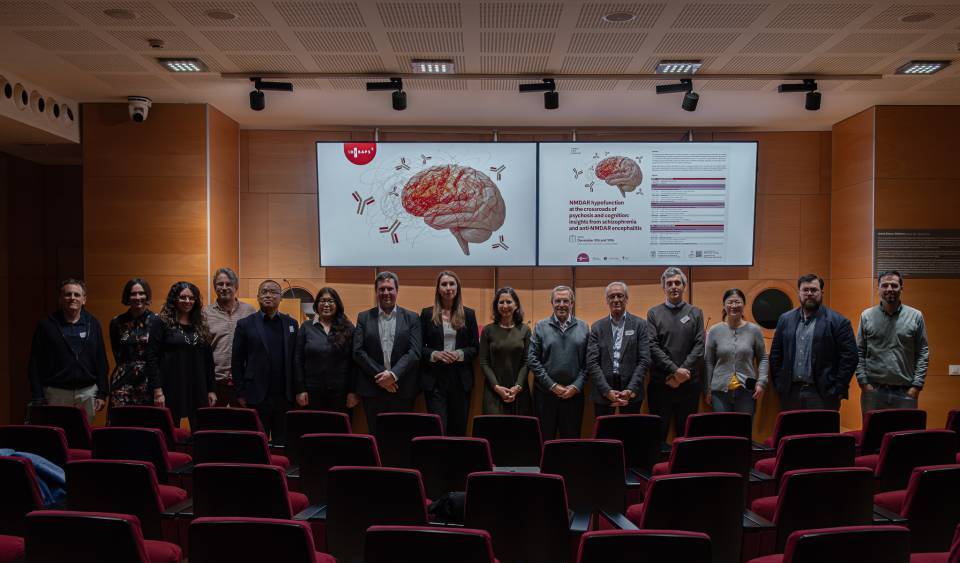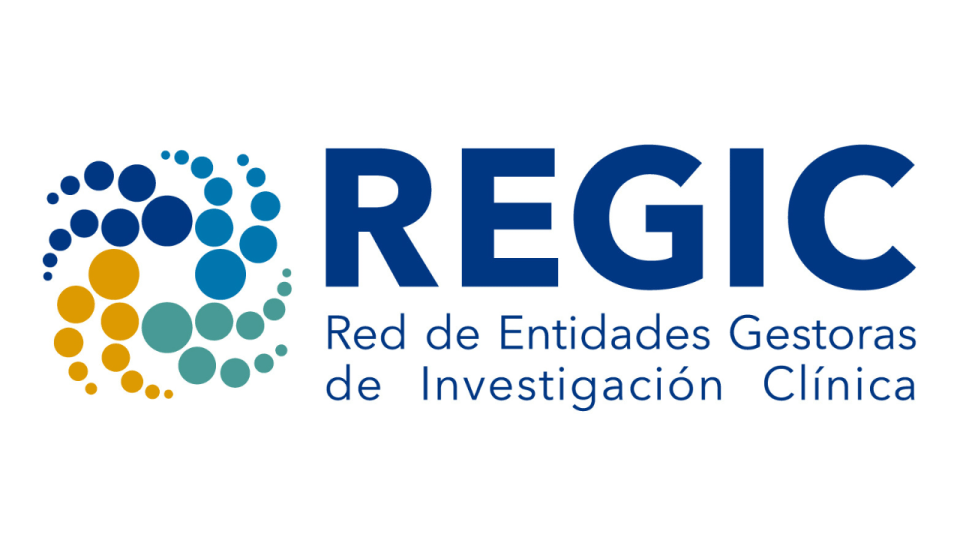The project “Prospective, multicenter, comparative, parallel study to validate a microRNA-based fecal test for colorectal cancer screening. The miRFec study” aims to compare the efficacy of the new fecal test with the fecal immunochemical test (FIT), the most widely used method for colorectal cancer screening. This new test was developed by the team of Antoni Castells, head of the IDIBAPS group Gastrointestinal and pancreatic oncology and of the Hepatic and Digestive Diseases area of the CIBER (CIBEREHD), medical director of Hospital Clínic, and professor at the University of Barcelona, and Meritxell Gironella, CIBEREHD researcher attached to the same group, who will also lead the project. In previous studies, the researchers showed that fecal expression of two microRNAs, miR-421 and miR-27a-3p, and the concentration of hemoglobin in feces, combined, using an artificial-intelligence algorithm, with the age and gender of the participants, improved identification of people with advanced polyps or colorectal cancer.
At present, the diagnostic capacity of fecal screening tests such as FIT is limited, especially in terms of detection of precancerous lesions, known as advanced polyps or adenomas. Furthermore, their low specificity gives rise to a high rate of false positives, which leads to performing a considerable number of unnecessary colonoscopies. Castells, Gironella, and their team hypothesize that the efficacy and profitability of the new test, called miRFec, are greater than for FIT, which would make it possible to improve current strategies for the prevention of colorectal cancer.
To corroborate this hypothesis, the Japanese company Eiken Chemical, which specializes in producing diagnostic tests, has agreed to provide more than a million euros to fund the first phase of a multicenter trial that will include 9,670 people at risk of developing colorectal cancer, either because of their age (over 50 years) or because they have a family history of this disease. If positive results are obtained, a second phase will begin, which will make it possible to validate the miRFec test in a scenario identical to routine clinical practice.
Colorectal cancer is the third most common cancer and the second most common cause of death associated with cancer in western countries, with almost 1.8 million new cases and 800,000 deaths in 2018. Although 90% of patients diagnosed in early stages present a global survival of more than 5 years, this number falls to 10% in patients diagnosed in more advanced stages.




